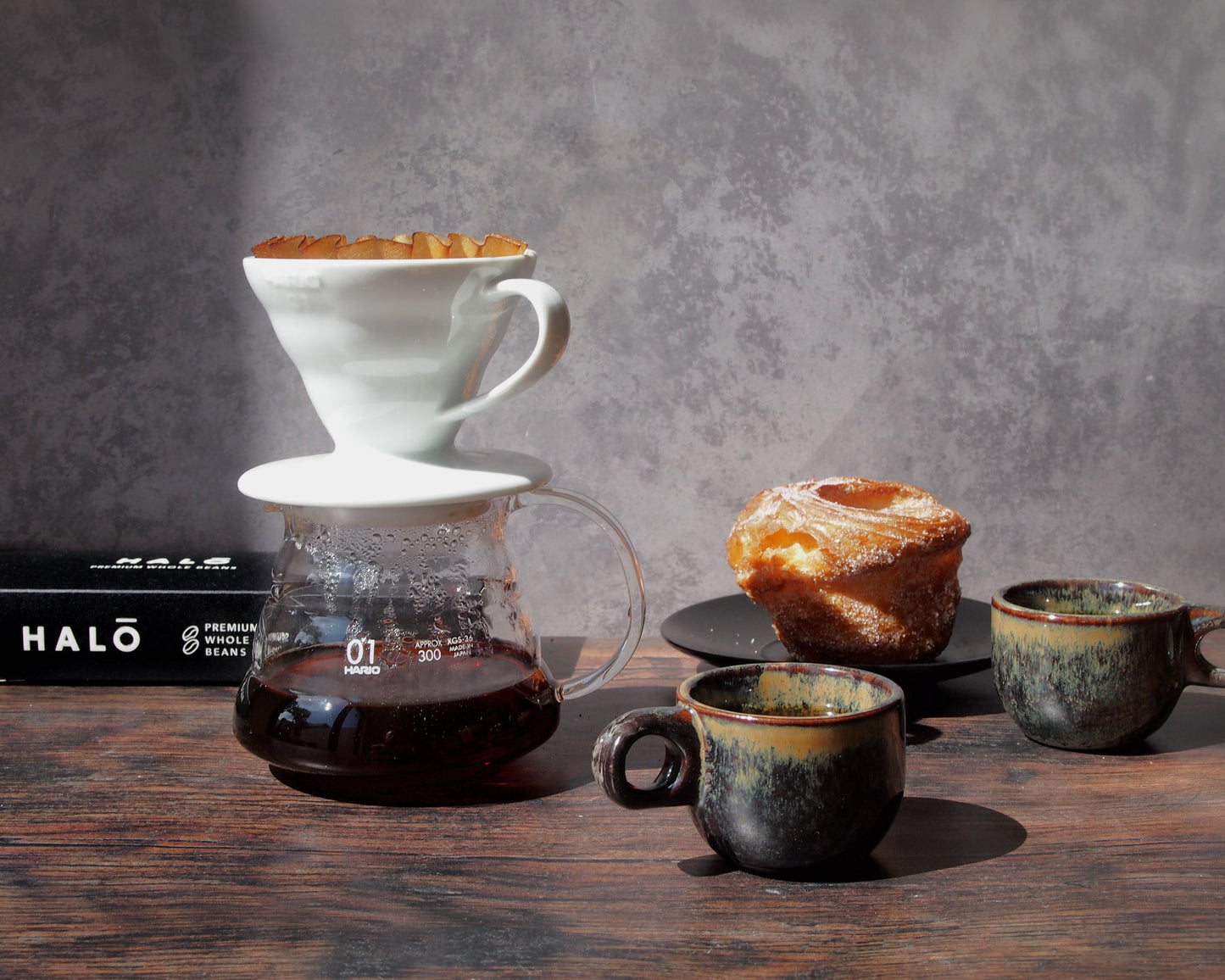ENJOY 20% OFF YOUR FIRST THREE SUBSCRIPTION ORDERS
Discover Halo Coffee’s take on the classic peppermint mocha. Made with our Noir or Verona capsules, this festive recipe combines rich chocolate, fresh peppermint, and sustainable coffee in every sip.
The festive season is fast approaching, bringing with it joy, festive treats and gatherings. Yet, it can also be one...
Discover five irresistible holiday coffee pairings from Halo Coffee. From buttery shortbread and rich chocolate biscuits to classic fruitcake, find the perfect coffee to enjoy this festive season.
Discover how to make a coffee martini with Halo Coffee Espresso. This easy recipe blends bold espresso, vodka, and coffee liqueur for a delicious holiday cocktail. Perfect for parties or a festive toast!
In the UK, an estimated 20 million pumpkins end up in household bins after Halloween — most still perfectly edible. From toasted seeds to hearty soups and compost enrichment, there are plenty of ways to give your pumpkin a second act. Reuse, reimagine, and reduce waste this autumn (preferably with a cup of Halo Coffee in hand).
Celebrate the first day of autumn with our homemade Pumpkin Spice Latte, now sweetened with fragrant vanilla bean–infused honey. Cosy, comforting and easy to make at home, it’s the perfect way to welcome sweater weather.
The History of Coffee Movements Our world has experienced coffee trends come and go for centuries, but the last few...
Slow down your weekend mornings with the perfect pour-over coffee. Our easy guide shows you how to brew using Halo Coffee’s specialty beans and a Hario v60. Plus, discover why pour-over is the ideal ritual for savouring your coffee when time allows.








